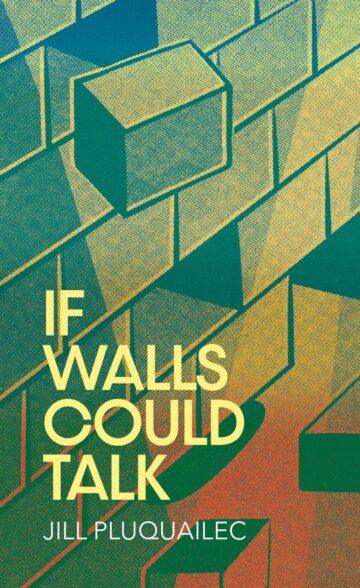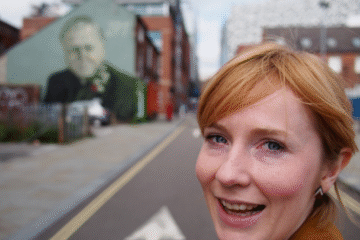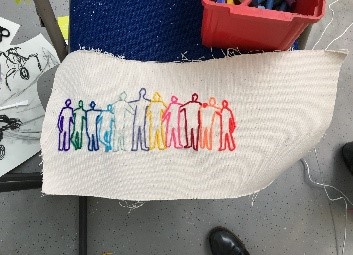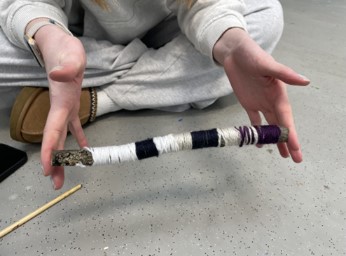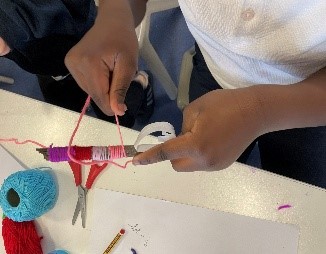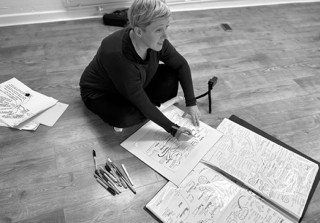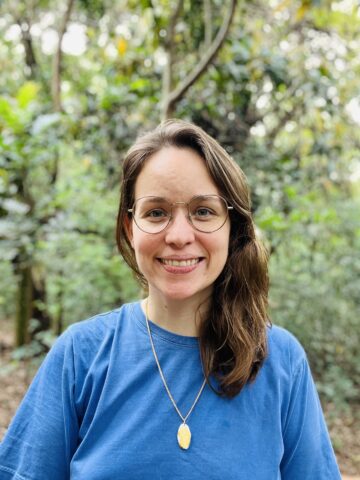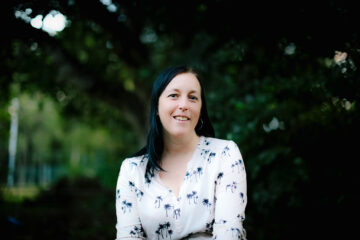Seminar on the 7 May 2026.
Creative writing as analysis in research with children: putting a light in the window
Register here for the seminar.
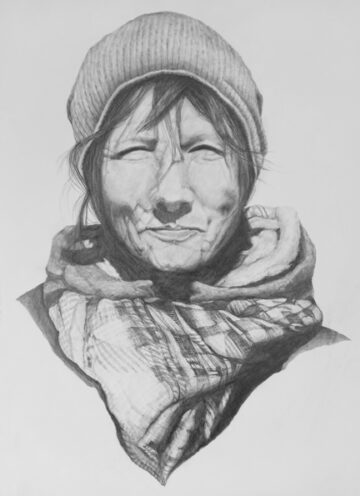
Source: LGorellBarnes
In this session Luci Gorell Barnes will present on how she has used creative writing within analysis in her doctoral research.
Luci will present a creative writing method that she developed as part of her PhD analysis, in which she produced ‘portraits’ of individual children. Arundhati Roy (2009, p.134) reminds us to ‘never simplify what is complicated’ and this creative analysis process came out of her desire to deepen her understanding of what she had learned from her encounters with each child rather than homogenising her data into broad themes. She will discuss how being immersed in her data informed her writing as she considered the issues the children had explored, drew on metaphors and images they used, and remembered how they had interacted with her and each other. She saw each ‘portrait’ as a ‘light in the window’, guiding her through ‘the woods’ of her analysis and findings, and supporting her to write embodied interpretive accounts that foregrounded the relational nature of the study. Couceiro (2024, p. 304) challenges the idea that being creative is ‘antithetical to being systematic or structured’ and she found that engaging with her data in this highly subjective and ‘interruptive’ way (Clark, 2024, p. 3) meant she brought a level of accuracy and relationality to her analysis that she might not have otherwise found.
Register here for the seminar.
Luci Gorell Barnes is a socially engaged artist and artist-researcher. Her practice is concerned with developing creative participatory inquiries with people who find themselves on the margins for one reason or another, and issues of inclusion and access are central concerns in her work. She is interested in finding flexible and responsive processes that allow us to think imaginatively with each other and ourselves and her practice contributes to a community of disciplines that embraces academic research, family support, community development, health services, and education. She is currently a full-time PhD student on the Postgraduate Research Programme in the School of Education and Childhood at UWE Bristol. Her study explores how relationally engaged arts-based methods can support minoritised children to express, reflect on, and amplify their lived experiences and perceptions.
Subscribe to the recordings:
Video hosted on the PAR YouTube channel.
Audio hosted on the PAR Buzzsprout channel and can be listened to on Spotify, Apple podcasts or on other RSS podcast apps.
The Practice As Research network with its resources is free and always will be, but it does of course incur costs to run and to keep it running. If you use it and benefit, enjoy it and would like to keep it going, please, consider leaving something in the tip jar. Thank you!
